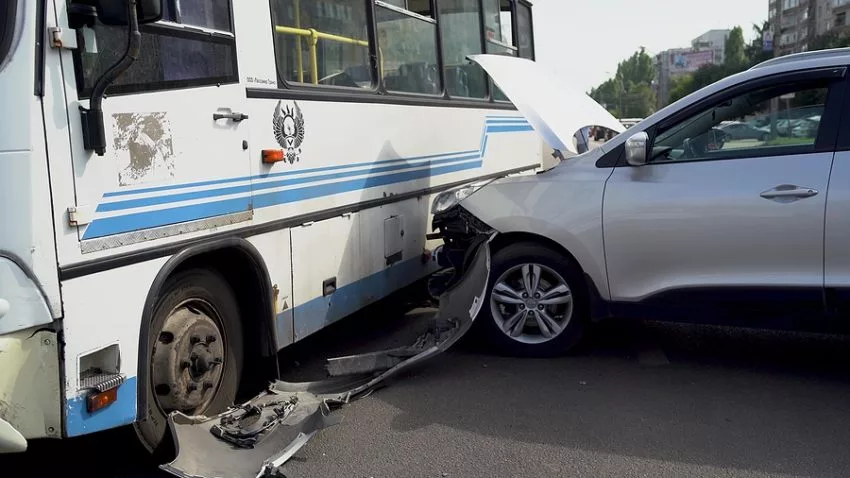Financial Responsibilities From Bus Accidents
After any accident, there are naturally resultant financial burdens. Since accidents are unexpected, your life and that of your family can get turned around. Some of the challenges that come with being injured in a bus accident arise from paying for medical care and your inability to work and enjoy life as you once did.
Don’t wait for these bills to add up and cause even more of a burden of stress and uncertainty. Contact a Charleston bus accident lawyer at the Hughey Firm as soon as possible.
Some of the financial challenges include:
Lost Wages
When you are in the hospital recovering from an accident, you are missing out on your paycheck from your regular employment. Even if you only work part-time or run a household, your absence from work and home results in costly burdens on you and your loved ones.
What’s more, you may have to undergo weeks or months of physical or occupational therapy to relearn lost skills as a result of your injury. Worse yet, you may have a difficult recovery or be permanently disabled. Your attorney will work hard to ensure that you are compensated for your time away from work, be it temporary or long-term.
Doctor and Hospital Bills
The moment you are attended to for medical care by emergency response teams or you step into an emergency room, expensive bills start adding up. Every action, review, medicine, and lab test or imaging scan is another charge on what seems like a never-ending invoice from the hospital.
After you are discharged from the hospital, you still have follow-up doctor and specialist appointments which can take hours out of your day and cost hundreds or thousands of dollars every visit.
Rehabilitation and Therapy Costs
If your doctor transfers you to a rehabilitation center after your hospital stay, you will incur another huge financial burden. When you should focus on your well-being and rebuilding your health, you could lose sleep wondering how you will pay these additional costs.
Even if doctors discharge you to your home, you might still need in-home physical or occupational therapy sessions. Depending on the severity of your injury, these sessions could be a regular part of your routine going forward.
Transportation Costs
When you are hurt or recovering from an accident, sometimes you cannot drive due to your injury or medications. If your primary mode of transportation was a bus, you justifiably may not want to ride a bus due to the trauma associated with the memory of your accident. Alternately, if you need special medical equipment or a wheelchair, the preferred way of getting around is medical transport.
Some families may opt for renting or purchasing a larger vehicle or van capable of carrying their loved ones and medical equipment. With the host of other bills, this further adds to your financial uncertainty.
Pain and Suffering
Even more upsetting than the direct economic consequences of a bus accident is the subsequent pain and lessened joy of life that follows. We know this as pain and suffering, but the law also calls it non-economic damages. Do not let the name mislead you. Pain and suffering is a very real and costly result of an accident injury.
Some of the pain you may deal with can relate to your injury worsening or affecting other areas of your health. For example, a broken leg can lead to stress on your arms and your back, since you have to adjust to using crutches or sitting in a wheelchair.
What’s more, because you are injured or unwell, you must cope with not feeling like your old self or engaging in previous activities or hobbies that once brought you joy. Even simple tasks like grocery shopping or gardening can feel like huge hurdles to take on if you are hurting from an accident.
Not to mention, social isolation frequently arises from spending large portions of your day in bed recovering or waiting for and receiving care in doctors’ offices.

Get In Touch With a Charleston Bus Accident Lawyer Today
It is nearly impossible to pursue compensation for a bus accident by yourself. Connect with an attorney who has the know-how to deal with reviewing your case and assisting you on your journey. The attorneys at Hughey Law Firm have represented hundreds of folks in South Carolina. Our diligent work has helped many people recover the compensation that they were due.
If you or a loved one has injuries from a bus crash in the Charleston area, call Hughey Law Firm at (843) 881-8644. You can also contact us through our website or use our chat feature online at any time as well.


